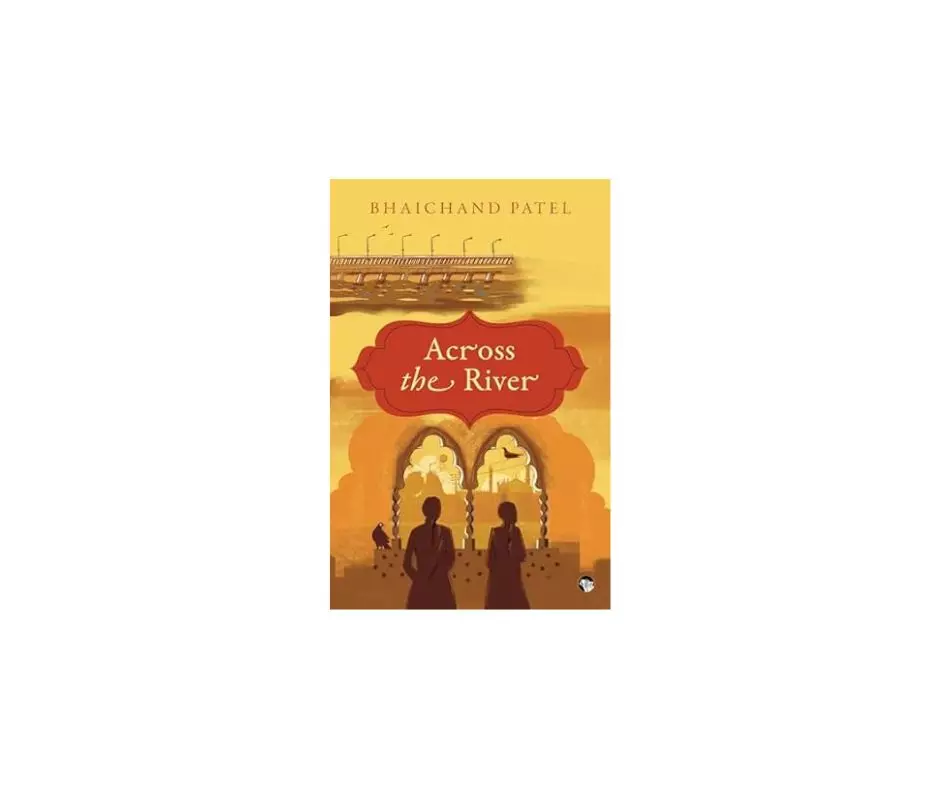Book Review | Two female friends navigate ’80s and ’90s India
This slim book tells the story of two friends from the bylanes of Old Delhi, charting their family histories and fortunes over a couple of generations

This slim book tells the story of two friends from the bylanes of Old Delhi, charting their family histories and fortunes over a couple of generations. It does so without skimping on details but manages to avoid the temptation of lapsing into excessive wordiness in doing so, thus retaining readers’ interest in the core of the novel. As we follow the lives of Madhu and Seema — the one Hindu, the other Muslim - we gradually find ourselves being emotionally invested in the outcomes of the decisions they make and the paths they tread.
The more things change, the more they remain the same. A cliché, for sure but then clichés are generated by germs of truth, aren’t they? The struggle of girls from conservative families to study, to find a job and ward off well-meaning attempts to get them married (off) is still all too real. As real as is the desire for a son even though, once the initial disappointment is tided over, the daughter is loved unreservedly and even addressed as “beta”!! And as real as the schisms in Indian society of caste and religion are, the double standards and hypocrisies these do entail! As the book traces the changes in India from the infamous days of the licence raj to the opening up of economic frontiers after reforms, the corruption, the wheeling-dealing, the brokers and touts, the politicians and the ubiquitous “contacts” one has, the sugar daddies — all of it to all its murky depths is brought out unflinchingly and strikes a chord with those who have grown up during those times. And those who are still witness to the goings-on in the corridors of power and business with high stakes.
The stakes are never as high as when they involve matters of the heart, as the Muslim Seema soon discovers when she falls in love with a boy from a staunchly Hindu family headed by a bigot who runs a business. Seema, who has been trying in vain to land a job — after being called for interviews, she is rejected without explanation once the interviewer(s) take one look at her hijab — is then forced to conceal her religious identity. The subterfuge makes her extremely uneasy. She argues with Madhu, who works in the same company and who has encouraged her to make this compromise, that “it’s like admitting I’m a second-class citizen in my own country”. But, persuaded by her friend, she removes her hijab once she is out of her house, attends the interview, gets the job — and falls in love with her employer’s son. The complications that arise out of the emotional bonding that the two share and its final dénouement make up the rest of the story. The ending leaves the reader thinking that instead of men, if women were to rule the world, it would be a far far better place than it has been, is and will ever be!
The attention to detail fleshes out the plot and lends character to the narrative, elevating it in spite of the rather predictable storyline and twists of circumstance. A breezy and quick read for a Sunday afternoon or a train journey as one looks out of the window at the India rushing past and then immerses oneself into a realistically sketched India within the book’s pages.
The reviewer, Malati Mathur, was a professor of English. She is an award-winning translator and a fellow at the Indian Institute of Advanced Study, Shimla.
Across the River
By Bhaichand Patel
Speaking Tiger
pp. 223; Rs 499
